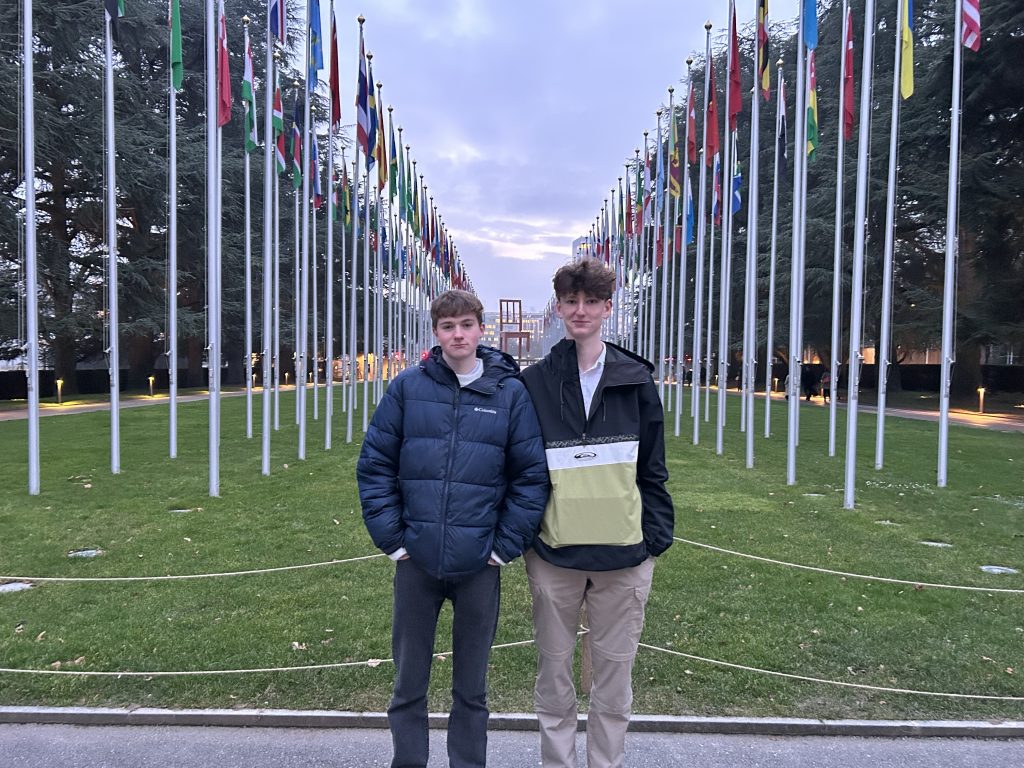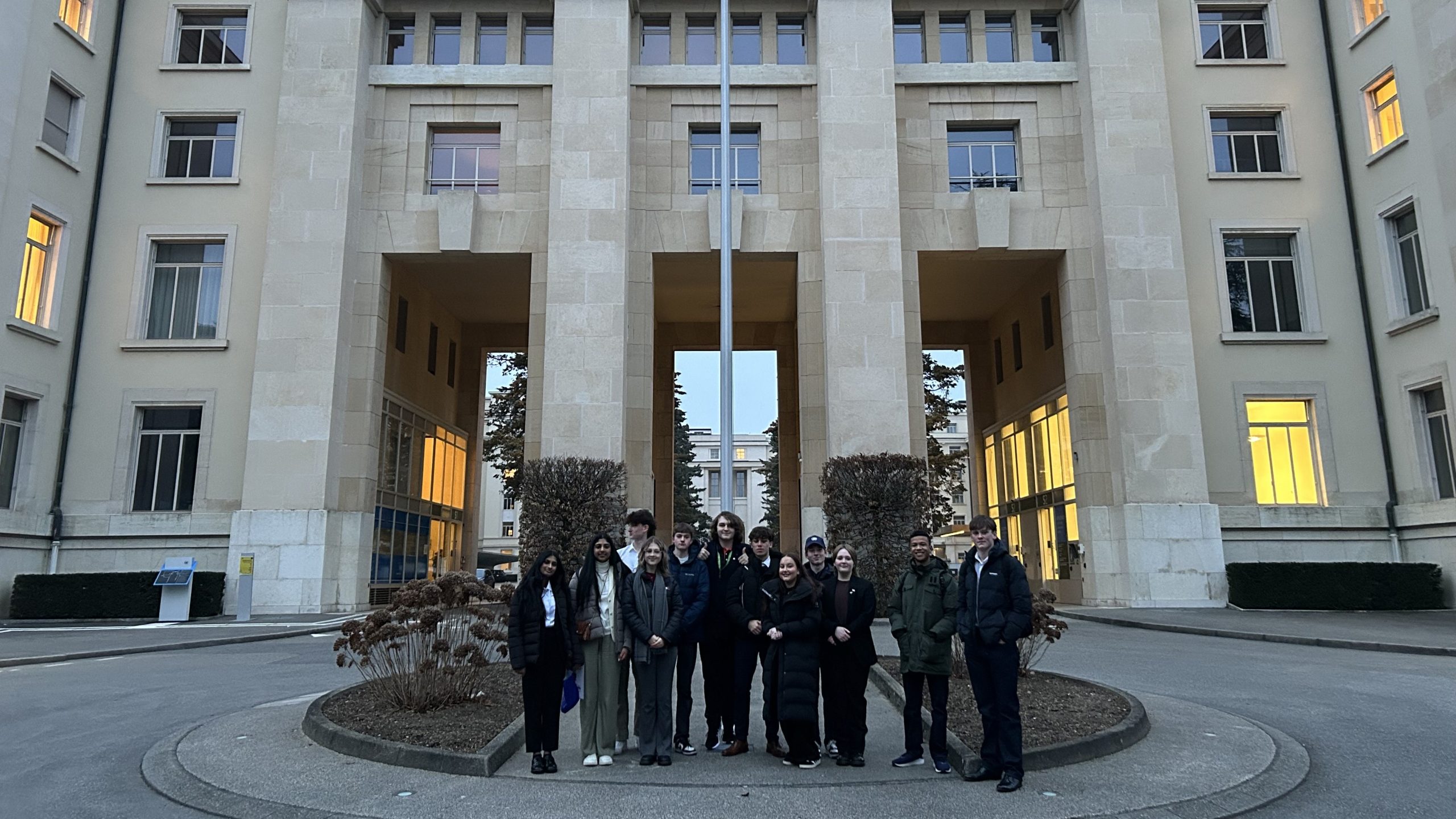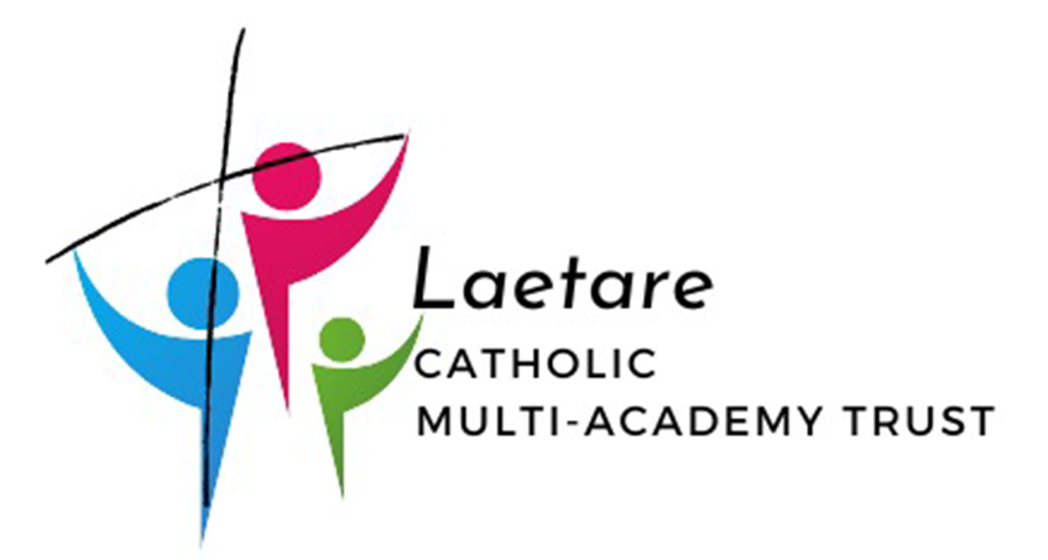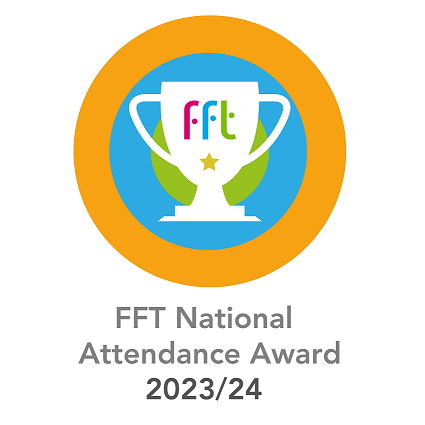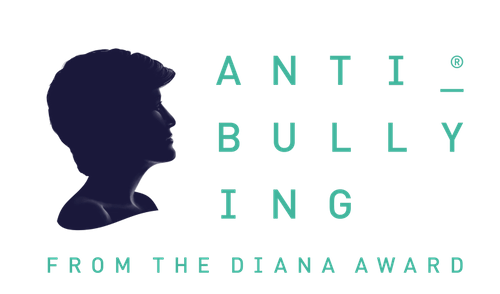The Edmund Rice Society sent two sixth formers to visit the United Nations in Geneva in January. They were hosted there by the Edmund Rice International Office, which coordinates lobbying efforts within the UN itself. The Society at St Anselm’s is directly connected with this Office, and through it to the global network of clubs and organizations that are run in most Edmund Rice affiliated schools. Below is a short account of what our student encountered at the Office itself, and then in the United Nations Assembly:
It was particularly interesting to visit the Edmund Rice International offices whilst in Geneva, and to see how the large-scale version of our school’s own small ERI group works in practice. We enjoyed meeting the Christian Brothers, and learning about the work that they had been doing in preparation for the UPR session that we attended. As an NGO (Non Governmental Organisation), ERI is unable to make suggestions directly to the country that is being reviewed, so instead must try and get their ideas presented by the delegates from other countries, which they distribute through a long process of emails and letters.
On our second day we visited the United Nations building and attended the Universal Periodic Review of El Salvador, a country which has undergone a great deal of change in the last two years. On 27th March 2022, the Salvadorean government began a major “gang crackdown” which has led to the arrest over 80,000 suspected gang members. With the request of President Nayib Bukele, El Salvador went into a “state of emergency” which suspends a number of constitutional rights, such as the right to be informed for the reason of arrest. El Salvador has since reported a murder rate of 1.9 per 100,000 which is a significant decrease that cannot be ignored, despite the morally questionable arrests made. Some argue that this method of arrest is immoral and that given the large decrease in crime, El Salvador should remove its “state of emergency,” which has been extended 34 times. During the UPR, El Salvador’s representatives began by highlighting the major improvements that they had made to their country, providing data that showed a clear decrease in crime rates, specifically femicides. The representatives of each country were then given a minute and a half each to give their advice to the Salvadorean government. We also visited the UN the next day, where we watched the UPR of Bolivia, who are focusing on housing, education and health. However, representatives were given only a minute and ten seconds. Poland urged Bolivia to prevent the exploitation of children and to focus on reducing social economic gaps between rural and urban areas. Russia advised Bolivia to pay special attention to restoring the rights of Indigenous people. Our visit to the United Nations was an eye-opener as we were given the opportunity to learn how the UN’s system of UPRs work and taught us about current events abroad.
Mr Kearney
Chaplain
